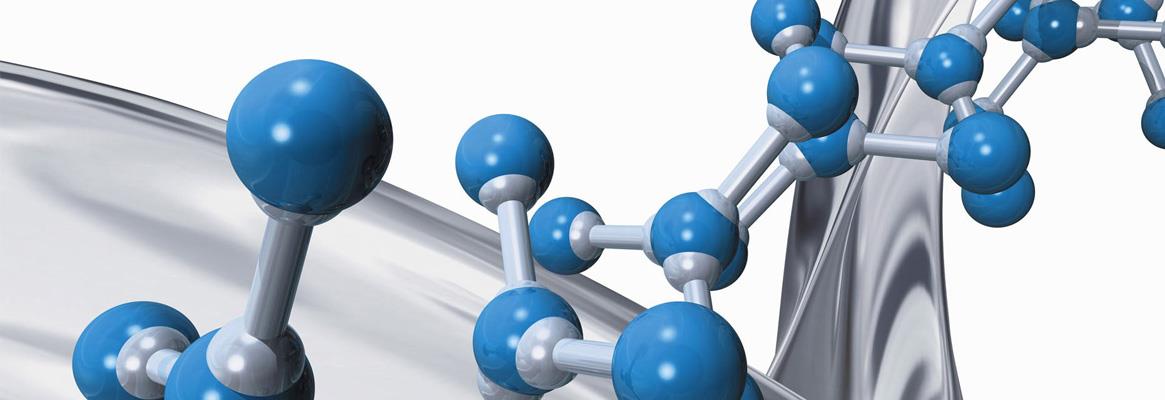There are two commonly held beliefs about selling goods and services to millennials. The first, substantiated by the facts, is that the millennial cohort is a huge market for those companies that can find ways to tap into it.
Millennials, generally defined as people born between 1980 and the early 2000s, number 1.7 billion people. To put that in context, approximately one out of every four people living on the planet today is a millennial. As a group, they have purchasing power of more than $2.5 trillion, which presents a game-changing marketing opportunity.
The second commonly-held belief about millennials is that they are a complex cohort and understanding what makes them tick is a difficult task. How difficult? A study of millennials by one US marketing firm concluded that, "No one truly understands millennials not even millennials themselves."
There are, however, clues as to how millennials think and act for those marketers savvy enough to uncover them.
Recognising an emerging millennials' trend
Several years ago, Dow Microbial Control recognised an emerging need among millennials and others for greater control over their personal and family health and wellness. An important aspect of this then-emerging trend was the millennials' desire for textile and apparel products featuring long-lasting odour control and freshness protection.
With an eye on helping manufacturers capitalise on this potential opportunity, Dow's technical experts embarked on a three-year process to develop a cutting-edge antimicrobial technology for textiles and apparel. The goal was a value-added product that would inhibit the growth of odour-causing microorganisms and give millennials the advanced odour control and freshness they coveted.
That goal was achieved in September 2012 with the introduction of Silvadur Antimicrobial. Silvadur directly plays into consumer desires for healthy, sustainable lifestyles, because its unique technology neutralizes odour-causing bacteria on fabric surfaces. Apparel products treated with Silvadur stay fresher longer, which reduces the need for frequent launderings, saving today's busy millennials time that is so valuable to them.
While long-lasting odour control and freshness are the primary features of Silvadur-treated textiles and apparel, the sustainability aspects of these products - fewer washings saves water and energy - are important selling points to millennials as well. More than 75 per cent of the millennials responding to an A.T Kearney study said that they favour sustainable products and would pay a premium for them.
Health and wellness: a global millennial mindset
What was once an emerging trend to a healthier, more sustainable lifestyle is now fully engrained in the millennial mindset. Today's millennials pursue wellness daily and actively.
Importantly for marketers, the health and wellness trend is global, a result of millennials sharing the same information channels and media content with their peers in other countries. Their heavy reliance on the internet and social media help them form common perspectives, values, behaviours and motivations.
The willingness of millennials to share information, however, is not limited to each other. Research shows that they are also willing to share information with their families. A study of 350 parents in Australia revealed that 62 per cent of their millennial children discussed product preferences at home. As a result, 40 per cent of those parents purchased products recommended by millennials for wellness or sustainability reasons.
And more and more textile and apparel manufacturers around the world are firmly fixed on taking advantage of the health and wellness mindset of millennials and others. Manufacturers are responding to the needs of the millennial marketplace by treating their products with Silvadur, providing the enhanced odour control and freshness protection consumers desire.
Silvadur-treated products include commonly worn base-layer products where odour can build up, such as t-shirts and underwear, sports and fitness apparel and socks and shoes, among others. Silvadur is also adding value in denim, including jeans, and casual clothes for men, as well as home textiles, such as bed linens, sheets, pillows and rugs, and other product categories.
Millennials are informed shoppers
Among the most compelling characteristics of the millennial cohort is a need to be informed about the products they purchase, with a high value placed on transparency. What they want most is peace of mind regarding how products are made and the value they bring. When it comes to purchasing textile and apparel products, extensive research shows that millennials do their homework and check labels.
This presented a hurdle for Silvadur, which is an ingredient technology added to the fabric during manufacturing, that is invisible to consumers. Dow Microbial Control addressed this issue in July 2016, with the introduction of the Intellifresh brand.
When consumers see the Intellifresh ingredient label on a product, it is a signal that the product has been enhanced with long-lasting odour and freshness protection powered by Silvadur antimicrobial technology. Said another way, the Intellifresh label gives consumers peace of mind that the products they are buying support their hygienic and freshness attitudes and lifestyles. Like Silvadur, the Intellifresh brand is global and can be found on a wide range of products.
Intellifresh is available to select manufacturers and retailers of consumer goods who collaborate with Dow Microbial Control through a brand licensing and quality assurance program. The program is designed to ensure that all products featuring the Intellifresh label meet measurable and quantifiable performance standards, specifications and quality protocols and comply with industry and regulatory requirements.
Author Karel Williams is Global Strategic Marketing Associate Director for Dow Microbial Control, a business unit of The Dow Chemical Company. He can be reached at klwilliams@dow.com.















Comments